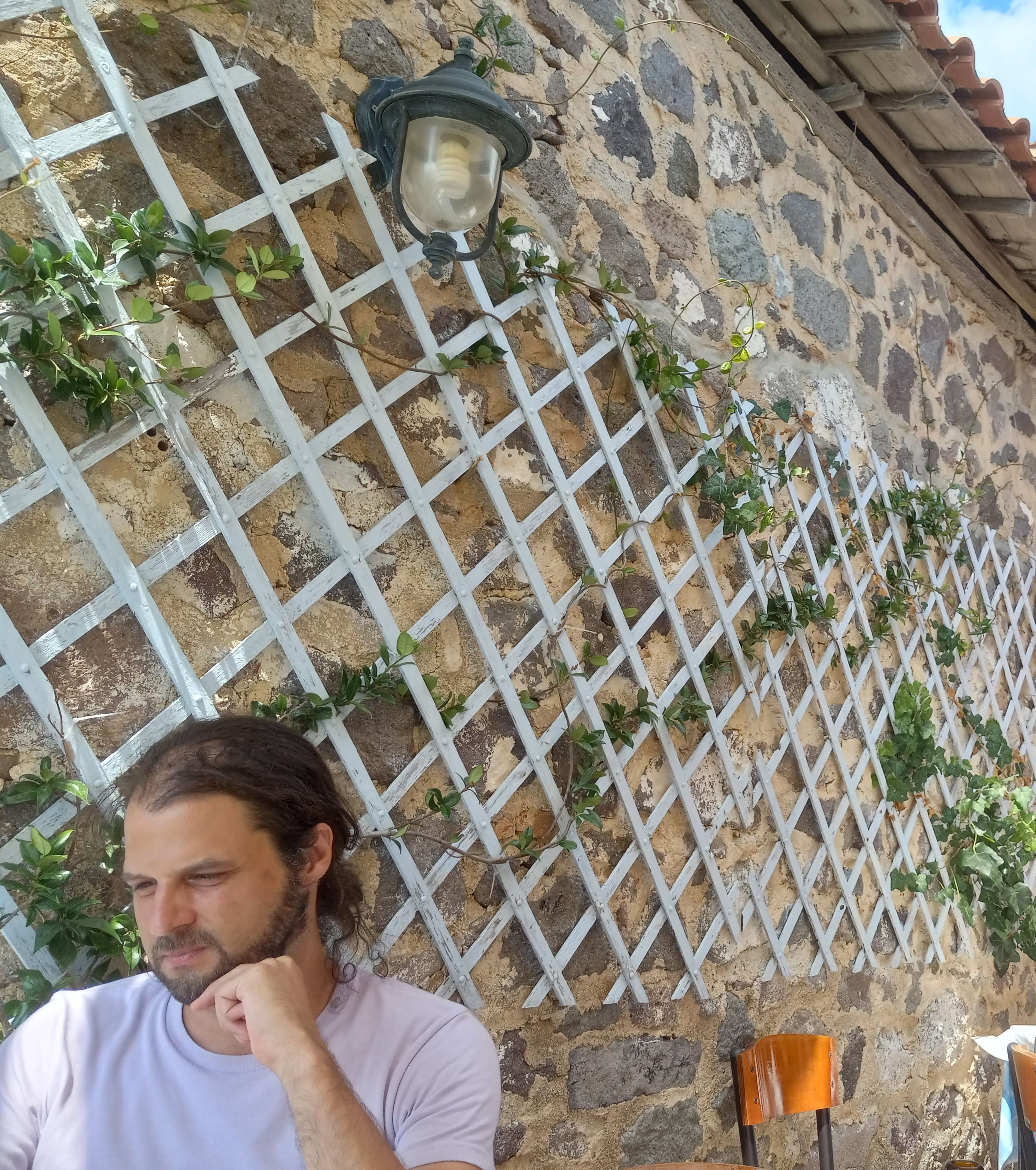Faculty Interest Groups
Complex Thinking and the Radical Imagination

Bruno Gulli

Anthony Iantosca
Building on Edgar Morin’s concept of complexity (or complex thinking), this faculty interest group explores the powers and limits of the various disciplines, especially insofar as they naturally intersect and overlap with one another. Complex thinking grounds transdisciplinarity. Even what seems absolutely simple has its complexity, which relates to other complexities. The FIG operates according to a twofold movement: analysis and synthesis. Analysis pertains to complex thinking proper. Synthesis is the attempt at imagining something radically new.
This semester, we will consider the work of Maurizio Lazzarato. Synthesizing political and economic analyses with post-structuralist theory, Lazzarato helps situate the years immediately following the 2008 financial crisis in ways that reveal the mutual imbrication and constitution of state and capital as these work to produce the indebted subject. Lazzarato asserts that as much as our world has been reshaped by neoliberal economic policy and austerity, at the center of these transformations remain questions of power and political subjects with the potential for refusal.
Lazzarato's transdisciplinary study examines questions of sovereignty, biopolitics, student debt, language and the implications of technology for the composition of new subjectivities. His book, The Making of the Indebted Man, exemplifies complex thinking and provides opportunities for us to put it into practice in our classrooms and beyond.
This FIG is facilitated by Bruno Gullì (History. Philosophy, and Political Science) and Tony Iantosca (English). We read complex texts and engage in the discussion of basic concepts and problems using a transdisciplinary and convergent approach. The readings and discussions will prove valuable to faculty of all disciplines. They will facilitate, foster, and inspire an analytic and imaginative spirit in our teaching practices and in the civic engagement and existential growth of our students.
For more information, please contact Bruno at bruno.gulli@kbcc.cuny.edu and please see our work on the CUNY Academic Commons.
